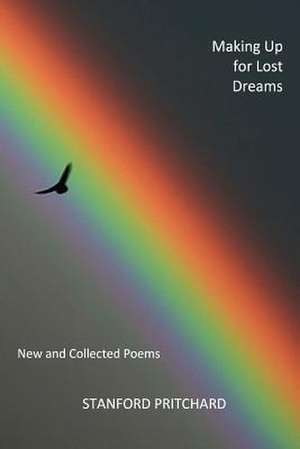Making Up for Lost Dreams
Autor Pritchard, MR Stanforden Limba Engleză Paperback
Preț: 73.23 lei
Nou
Puncte Express: 110
Preț estimativ în valută:
14.01€ • 14.54$ • 11.71£
14.01€ • 14.54$ • 11.71£
Carte disponibilă
Livrare economică 24 februarie-10 martie
Preluare comenzi: 021 569.72.76
Specificații
ISBN-13: 9781494755188
ISBN-10: 1494755181
Pagini: 230
Dimensiuni: 152 x 229 x 12 mm
Greutate: 0.31 kg
Editura: CREATESPACE
ISBN-10: 1494755181
Pagini: 230
Dimensiuni: 152 x 229 x 12 mm
Greutate: 0.31 kg
Editura: CREATESPACE
